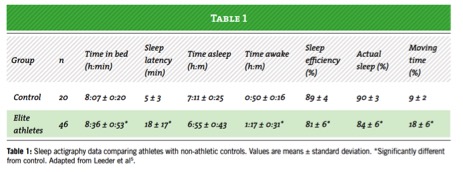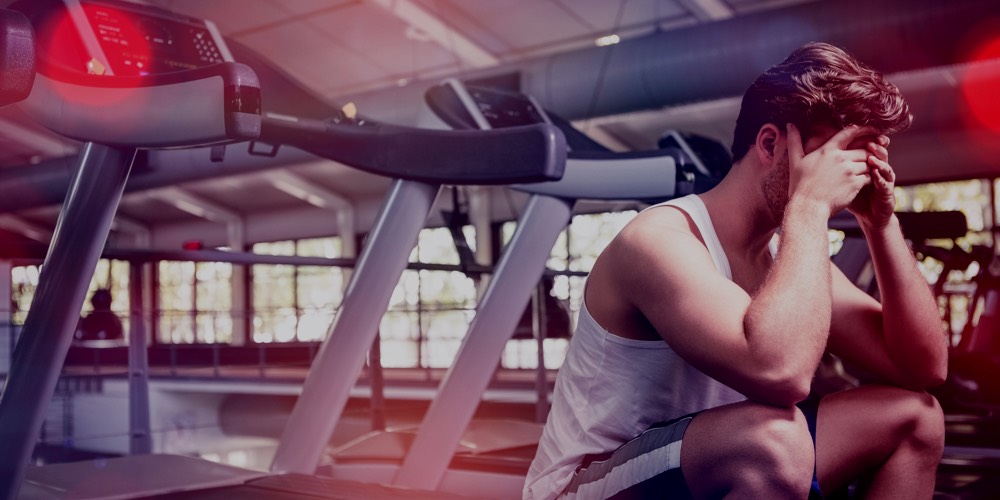Sleeping Patterns in Athletes and non-Athletic Population
While some well known professional athletes have stated that they get between 8 and 12 hours of sleep on average per night, this is not at all typical of the athletic population. Further, there is no general consensus regarding the amount of sleep an elite athlete must obtain to maintain optimal performance.
However, studies on athletes report average sleep durations from just over 5 hours to just under 9 hours per night (Mah et al 2011, Sargent to al 2014, Leeder et al 2012, Robey et al 2014). This finding suggests that elite athletes are not unlike some members of the general population in terms of their average sleep duration. In addition, the relatively short sleep duration is most surprising, as longer periods of sleep would be expected in the athletic population.
Olympic Athletes and Poor Sleep
It may come as a surprise but top level athletes seem to have poorer sleep compared to non-sporting age matched controls. Leeder and co-workers (2012) compared the sleep patterns of a cohort of 47 elite Olympic level athletes from various sports with non-athletic subjects. They used wristwatch actigraphy to quantify sleep. Their results indicated that there were significant differences between athletes and controls in all measures apart from ‘time asleep’. Surprisingly, the athlete group had poorer sleep characteristics compared to the non-athletic group.

The data here in table 1 indicates that, while elite athletes had longer time in bed, their key sleep traits such as time asleep, sleep efficiency and moving time were all less satisfactory compared to their non-athletic controls.
In addition, Tuomilehto and co-workers (2016) completed a one year study on the sleeping patterns of professional athletes. They reported that one in every four athletes had a significant problem in sleeping. The authors concluded by stating that from their research it is evident that sleep problems are common in professional athletes.
Importance of Establishing Your Athlete’s Sleep Pattern
Clearly, there is now greater interest in establishing the sleeping patterns of athletes. The literature is also reflecting a growing body of evidence that shows poor sleep characteristics in the athletic population.
Further evidence comes from a recent study by Swinbourne and colleagues (2016). These researchers reported that in a cohort of 175 elite well-trained athletes, the average sleep duration was 7.9 hours. This was also associated with high levels of daytime sleepiness. Of significance however was the finding that 50% of the athletes were found to have poor sleep quality. The authors recommended that athletes should receive education about how to improve sleep wake schedules and how to extend sleep time and improve sleep quality.
In our next blog post in this series, we will see how even for professional athletes who complete a phase of intense training, sleep is not really adjusted to accommodate this training and we ask are there consequences? Also we consider the impact of extra carbohydrates on sleep and then we ask the question if one night of sleep deprivation impacts on performance the next day.


Leave A Comment